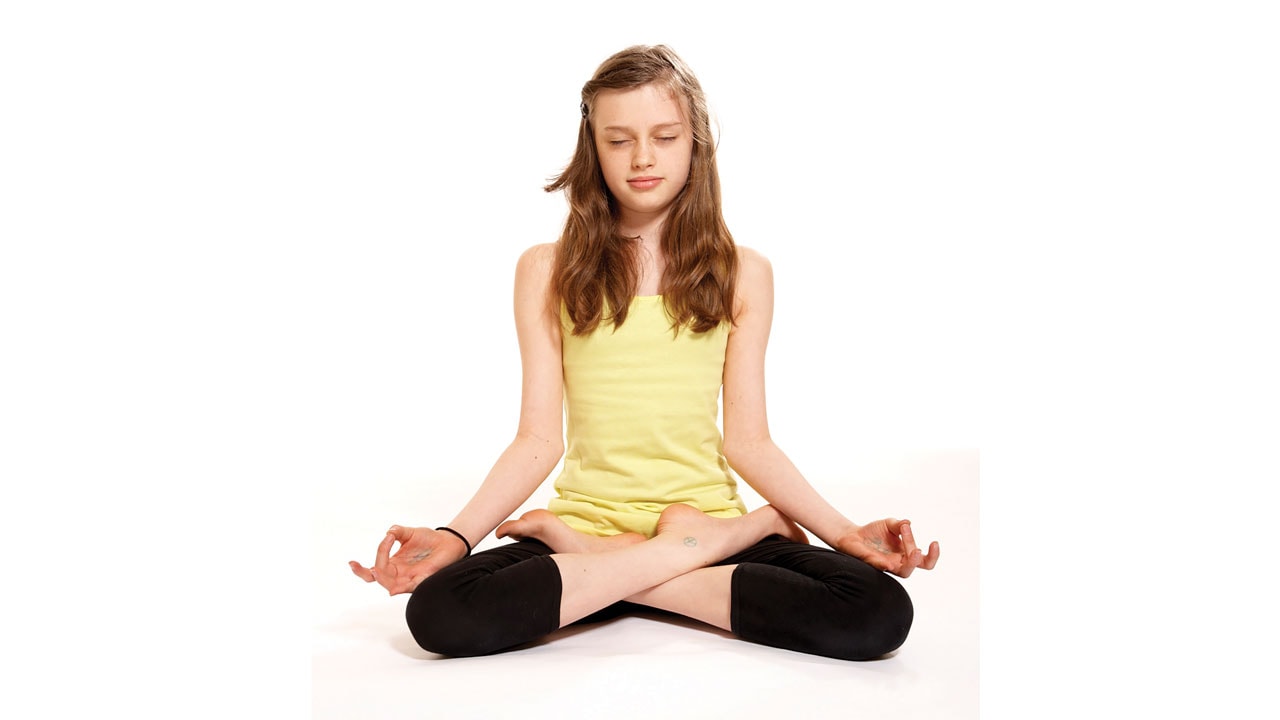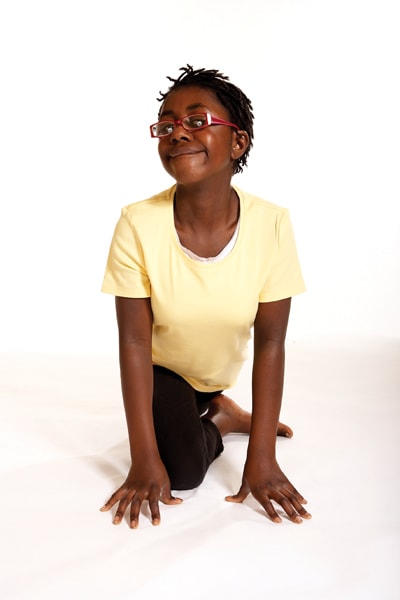
Teen mental health
Teens talk about the pandemic and its effects on their mental health. By Lili Rees and Bryony Duckitt
The global Covid-19 pandemic has affected us all, either directly or indirectly. Uncertainty, fear, restrictions, lockdowns, and social distancing have brought about changes that challenge us socially, emotionally, and mentally. We reached out to a group of teens to show us what life during the last year has looked like through their eyes.
To gain a better understanding of how parents and caregivers can help during this time, we took a look at how teenagers define mental wellbeing and then asked them if they felt that the pandemic had affected their own health; what the most difficult changes were for them since it started; and, so importantly, whether they feel positive that life will improve.
The answers we received were both insightful and somewhat heart breaking. They affirmed that there has never been a more critical time to give young people tools they can use to cope with, and conquer, the unprecedented pressures the pandemic has brought about.
Do you feel the pandemic has affected your mental wellbeing?
- “Being in lockdown and having to self[1]isolate has impacted me hugely. I find that I’m always down; the feeling of being alone is torture and I’m not motivated to do anything anymore.”
- “It was initially difficult and frustrating to adapt to this new way of living especially being cooped up for months on end, online learning and only seeing friends on a screen. Getting into a positive routine really helped to make things easier.”
- “I’m inside more and it gives me more time to overthink things.”
- “Social interaction has disappeared, and I really miss seeing my friends and interacting with them on a daily basis and having a laugh and chatting about everything.”
- “I struggle with severe anxiety and the sudden change in routine and day-to-day life exacerbated these feelings and struggles. Sometimes music helps me feel less alone and serves as a form of comfort and grounding.” What has been the most difficult change for you since the pandemic started?
- “The social aspect has been incredibly difficult for me; these are supposed to be the best years of our lives as teenagers. Wearing a mask all day at school is awful.”
- “The most difficult thing has been not being able to see my friends and do what I would normally do like go to a movie or have a sleepover.”
- “It’s hard having to try to do schoolwork from home and not having a teacher at hand to ask questions there and then.
Do you feel positive things will get better and life will go back to normal?
- “I think the world will have to accept this new normal and adapt to it in order for life to regain meaning and feel as close to normal for any of us again.”
- “Yes, I do feel positive. I can’t change the global pandemic, I just have to learn to adapt and cope emotionally to the ‘new normal’. I am hopeful to still reach my goals.”
- “I don’t think things will ever go back to normal.”
- “I feel that things will improve as everyone wants the same thing and will contribute to making that happen by following the guidelines as best they can – this keeps me going.”
The role of yoga, mindfulness and meditation
The teen years are tough as it is – both physically and mentally – but it is clear the pandemic is leaving teenagers feeling depressed and isolated. We can help adolescents to find inner peace, breathe through difficult situations, build up confidence and also get much-needed physical exercise while sports and other physical activities are limited.
Improve focus, confidence and stress management
- Yoga helps teens to develop focus, concentration and improve memory. Try a few balancing poses: tree or eagle to balance the left and right hemispheres of the brain.
- Meditation and mindfulness help to control distractions of the mind. Go for a mindful walk. When you notice your mind is overthinking, feel your feet on the floor and notice the sounds around you for one minute.
- Yoga helps teens accept and cope with situations that they have no control over. Notice how you feel – emotionally, mentally and physically – jot down four words to describe this. Two hours later do this exercise again and see if your words have changed. Notice that everything changes, and this current situation will too.
- Regular practice of yoga helps to instil self-worth, confidence and a positive outlook.
- Pranayama, breath work, can be used to calm the mind and body and deal with stressful situations more calmly. Having a wobble? Breathe in for the count of three and out for the count of six. Repeat a few times.
Physical benefits of yoga
- Improves lung capacity and blood circulation; calming and energising.
- Strengthens immunity and overall fitness.
- Enhances body posture; relaxing the shoulders and opening up the chest and heart space can also have a direct impact on mood, self-confidence and sense of wellbeing.
- Boosts energy flow.
- Lengthens and strengthens muscles and increases developing bone density.
- Increases awareness and development of good breathing patterns.
Restful sleep and relaxation
Teens can become overstimulated in the new ‘always online’ world we live in, making it challenging to ‘switch off’ their minds. Similarly, feelings of boredom and isolation can cause insomnia and increased anxiety and stress. Yoga, meditation, pranayama, Savasana, guided imagery and Yoga Nidra are all powerful tools that can assist a teen in self-soothing, relaxing, switching off and sleeping peacefully.
As the world learns how to adjust to the ‘new normal’ let us continue to really listen to the young people in our lives and help them face the future with self-confidence and positivity. If your teenager would like to join an online yoga, mindfulness or meditation class - there is a library of free classes on the YogaBeez Youtube channel – open to all ages and abilities.

Written by Lili Rees and Bryony Duckitt from YogaBeez Children’s Yoga. YogaBeez offers in-person and online children and teen’s yoga and mindfulness classes and accredited teacher trainings (yogabeez.com)
With special thanks to Jayde (16), Tyler (17), Ashley (15), Jamie (18), Tyler (13), Sinead (15), Georgia (16)


